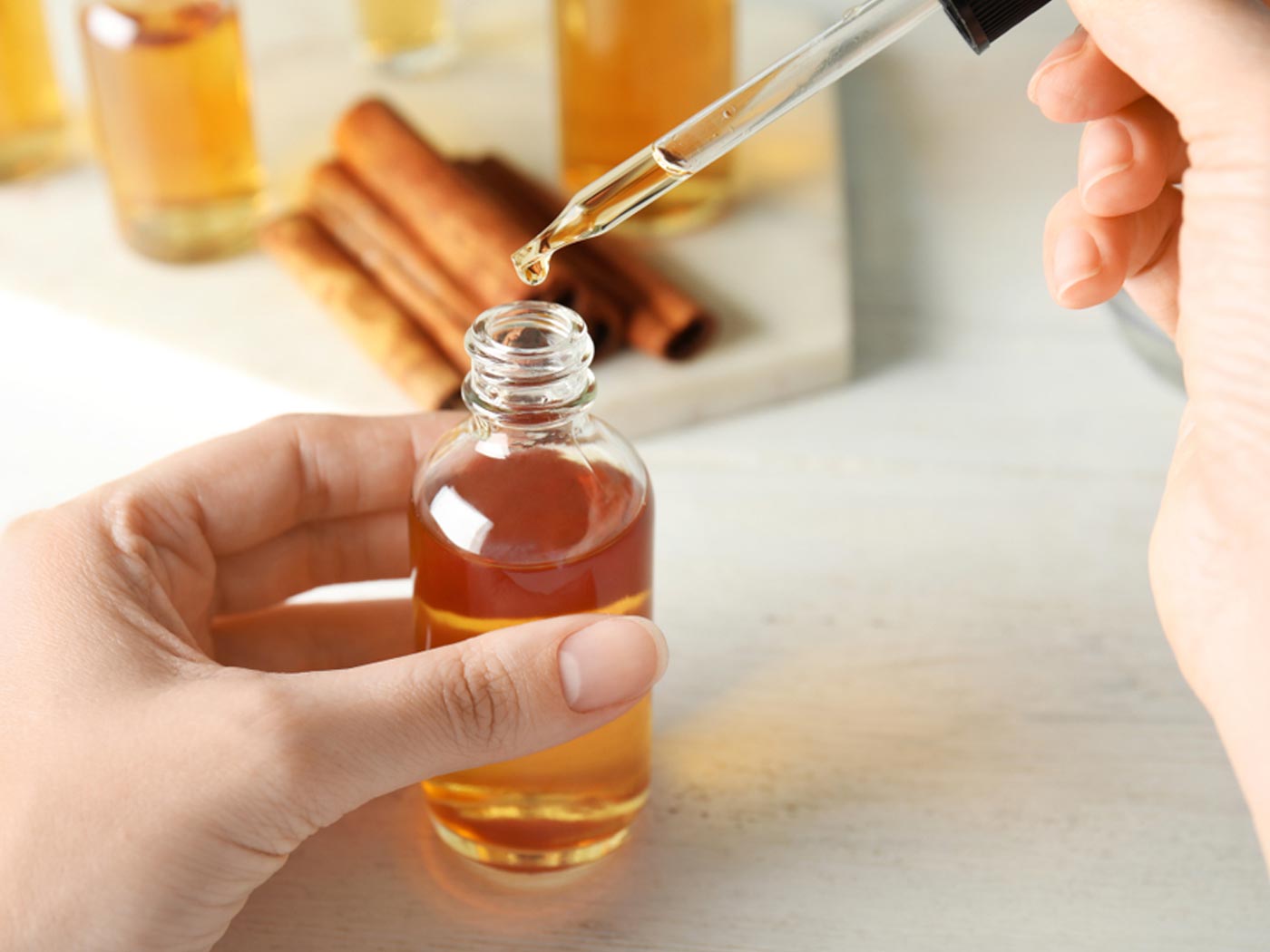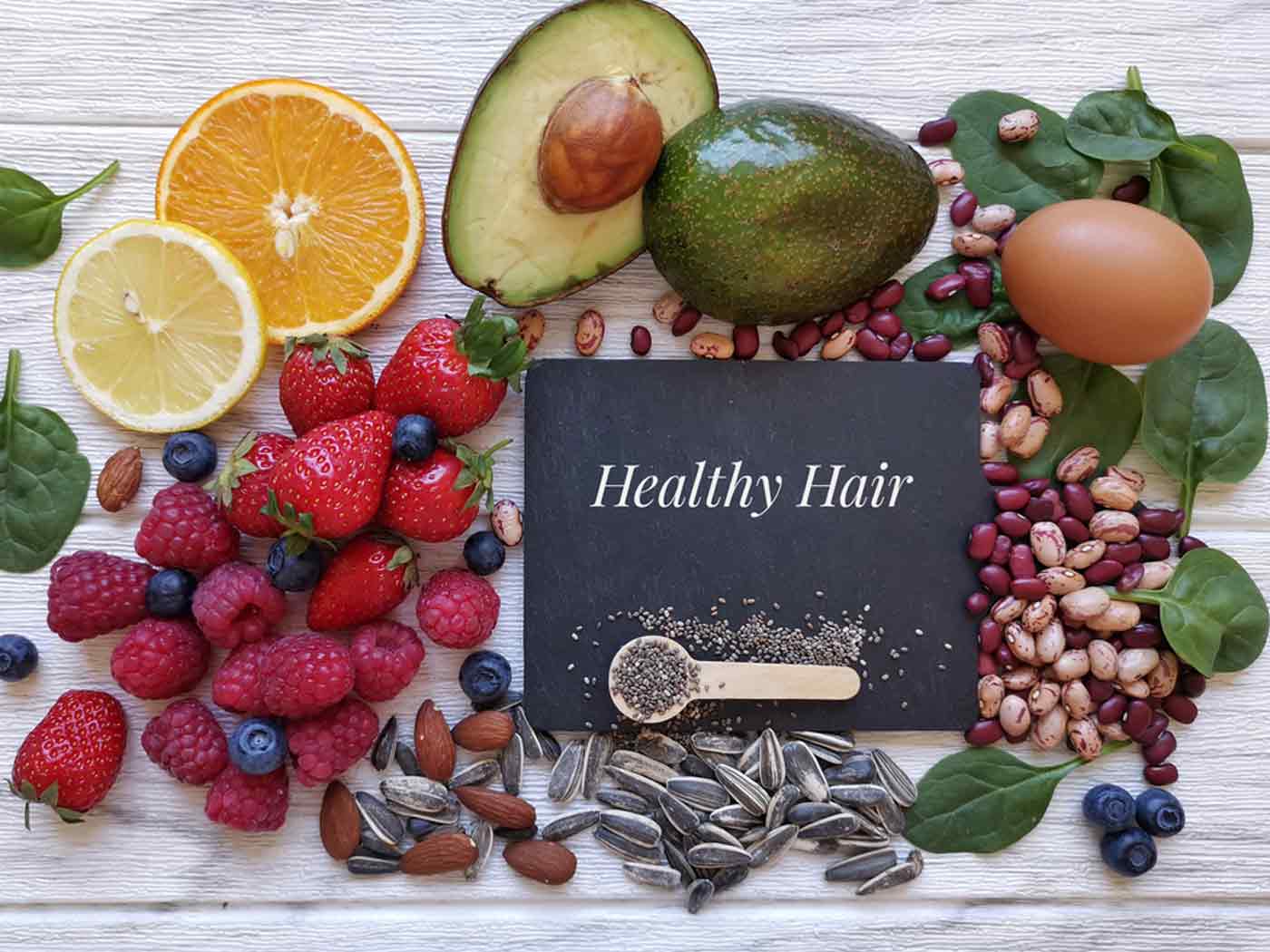
In case you didn't know it already, not all oils are created equally. There are different types of oils cooked for cooking, hair care, body care and skincare. When it comes to skincare, there are some oils that can be used and some can’t. There are several different types of oils that aren't all that bad for your skin but can actually do great things for it. Mineral oil is one notable exception that a lot of skincare experts will steer clear of. But is applying mineral oil on skin such a bad idea or are any of the claims around it simply fabricated? You're about to figure it out. For that to happen, you need to first know what mineral oil actually is.
-
What is Mineral Oil?
-
Why is Mineral Oil Used in Skincare Products?
-
Side Effects of Mineral Oil on Skin:
-
Skincare Products and Cosmetics that Contain Mineral Oil:
-
How to Use Mineral Oil on Skin?
-
Pure Sense Products to Try:
-
Conclusion:
-
Frequently Asked Questions on Mineral Oil for Skin (FAQs):
What is Mineral Oil?
Mineral oil is an odourless and colourless, light mixture of higher alkanes obtained from a mineral source, particularly a distillate of petroleum. It is used in various industries, but the most controversial use of it is in personal care products. Mineral oil in skincare is mainly used as a lubricant and a moisturiser.
Why is Mineral Oil Used in Skincare Products?
While mineral oil doesn't have any anti-ageing or antioxidant effects on skin, it is often used as an occlusive, moisturising ingredient. Here are a couple of reasons why the beauty industry picks mineral oil for face:
-
It Seals Moisture into Your Skin:
One of the effects of mineral oil on skin is that it creates a barrier between your skin and the outside elements like wind, pollution and sun damage.
-
It Protects Your Skin:
As it is occlusive and has barrier-creating tendencies, mineral oil on skin can work best for people with a dry skin type. It creates a barrier for the skin for hydration and locks in moisture all too well.
Side Effects of Mineral Oil on Skin:
Effects of mineral oil on skin can also be negative if you use it for the long term or overuse it in your skincare products. Here are some side effects of using mineral oil that you should be aware of -
-
It Clogs Pores:

Using Mineral oil on skin can be quite risky as it is considered comedogenic, i.e., it can clog pores and cause acne or blackheads. The more refined mineral oil is, the less comedogenic it will be. But unfortunately, there is no way to know how purified it is in any of the skincare products. Even the highest grade of mineral oil has the ability to trap ingredients in your pores. So, if you have bacteria on your skin or have other ingredients in your skincare products that can clog pores, mineral oil will keep all of those close and tight to your skin, thus, increasing the risk of breakouts.
-
It isn't That Beneficial for Your Skin:
Mineral oil for the face can barely provide you with anything positive as it doesn't have any nutrients. Sure, it is used as a moisturiser, but it doesn't actually go deep into your skin where it counts. It simply sits on the surface of your skin, which prevents moisture loss. Today, there are many more options and alternatives that you can choose when it comes to skincare products. Then why settle for a cream made from petroleum when you can go for natural oils, nut butters, plant extracts and so much more for your skin?
-
It May be Contaminated with Toxins:
Unpurified form of mineral oil contains contaminants that are linked to an increased risk of cancer, according to the World Health Organisation (WHO). Researchers state that there is strong evidence that mineral oil hydrocarbons are the greatest contaminant of the human body that amounts to one gram per person. Possible contamination routes include air inhalation, food intake and skin absorption.
Ever wondered why mineral oils are still used in skincare products despite their controversial behaviour? It's because they provide longer shelf life for products. Do you know what all products contain mineral oil? Here are some that we can list for you.
Skincare Products and Cosmetics that Contain Mineral Oil:

- Moisturisers
- Face creams
- Body creams
- Eye creams
- Baby oils
- Lotions
- Ointments
- Lip care products
- Petroleum jelly
- Sunscreen
- Liquid makeup removers and wipes.
If you're still unsure of using mineral oil on skin but would still want to use skincare products that contain this ingredient, here is how you do so.
How to Use Mineral Oil on Skin?
The best time to apply mineral oil on your face is a few minutes after showering, when your skin is damp, as mineral oil helps lock some of the moisture into the skin. If you wish to use any other products with moisturising ingredients like hyaluronic acid or protective actives like antioxidants, you need to make the product infused with mineral oil the last step in your skincare routine so as to seal all of the products into your skin.
The best thing to do when it comes to skincare is to use products that are made with natural oils and are chemical-free so that they won’t harm your skin in any way. With mineral oil, you still take a risk, but when you use products that don’t contain mineral oil, you can be at ease. Here are a couple of products that will work in your favour.
Pure Sense Products to Try:
-
Macadamia Reviving Face Serum:
Macadamia Reviving Face Serum has the ability to boost collagen and restore youthful radiance. It has a relaxing fragrance that calms your senses. The pure formula of this product improves skin elasticity and smoothens your skin. -
Macadamia 3-in-1 Renewing Face Mask, Scrub and Cleanser:
This 3-in-1 face mask, scrub and cleanser instantly brightens your skin and revives it. Capric triglyceride in this 3-in-1 product hydrates and makes your skin supple. It is loaded with Kaolin that gently exfoliates your skin, cleans pores and prevents breakouts.

Conclusion:
Is mineral oil bad for skin? If you're still thinking about this, let us summarise it for you and tell you that it is generally safe for human health and there are no significant repercussions if used in moderation. All things considered, mineral oils do have their setbacks and if you have the option to avoid using them on your skin, then make that choice for your own good. If you think logically, mineral oil ultimately doesn't provide your skin with as many benefits as other oils like coconut oil, olive oil, argan oil, etc. Also, they're mainly beneficial for just one skin type - dry skin - and aren't that great for other skin types - normal, oily, combination, or sensitive. There are several skincare products that can do the same thing that mineral oil on skin is used for, without causing any harm whatsoever. Some examples of better skincare ingredients are shea butter and coconut oil. At the end of the day, it's really your choice to make whether you're going to be careful with the use of mineral oil or stay away from it.
Frequently Asked Questions on Mineral Oil for Skin (FAQs):
-
Is Mineral Oil Harmful to the Skin?
There are several articles that claim that there are many side effects of mineral oil on skin, which can also have negative effects on your health. However, mineral oil is FDA-approved for topical use in cosmetics and there is no evidence that it is unsafe. It's totally up to you if you wish to use this oil or not. To be on the safer side, simply use a mineral oil-free moisturiser if you're looking for a product that hydrates your skin.
-
What are the Disadvantages of Mineral Oil?
Here are some common side effects associated with using mineral oil in general: - Nausea
- Abdominal cramps
- Rectal discharge of mineral oil
- Fecal incontinence
- Intestinal malabsorption
- Impaired absorption of fat-soluble vitamins
- Lipid pneumonitis if ingested in reclined body position
- Anal itching and irritation
-
Can we Apply Mineral Oil on Face?
Yes, you can use mineral oil for the face as most doctors agree that they're safe. There is no science that suggests that you must avoid mineral oil. It makes for a great ingredient for those with dry skin. However, Side effects of mineral oil on skin can start to show if you overuse this ingredient in your skincare products.







